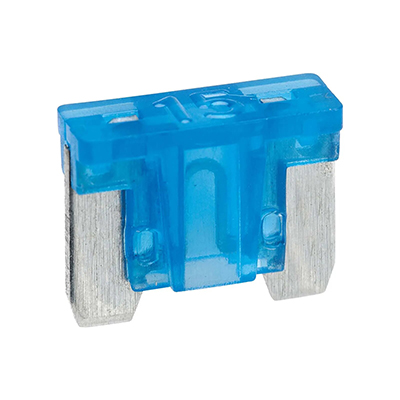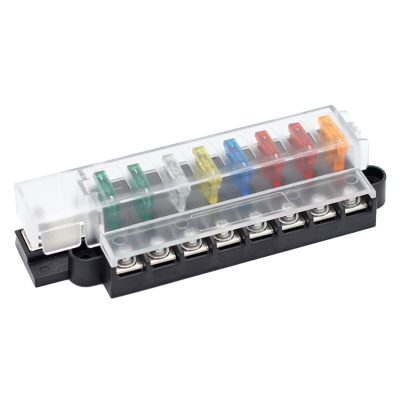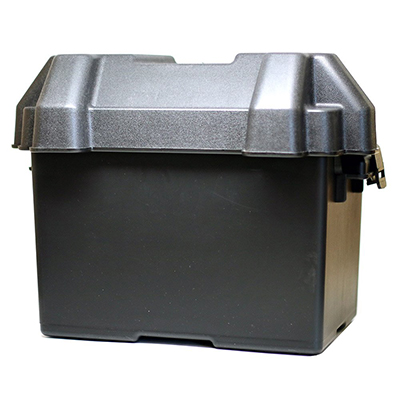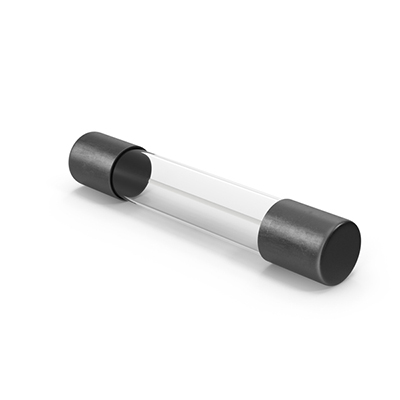Corrosion Resistance Characteristics in Fuses for Vehicles Operating in Challenging Environments Such as Coastal Regions and Areas with Heavy Snowfall
News 2025-10-24
In the automotive sector, protecting electrical systems from environmental degradation is vital for vehicle longevity and safety. Coastal areas expose vehicles to saltwater mist and high humidity, while snowy regions involve de-icing salts that accelerate corrosion on components like fuses. These small but critical devices safeguard circuits by breaking electrical flow during faults, yet standard fuses often fail prematurely in such conditions. This article examines the key corrosion resistance features in fuses, emphasizing their role in maintaining reliable performance for vehicles in these harsh settings.

Application Scenarios
Vehicles in coastal zones face constant threats from saline air and moisture, which can corrode fuse contacts and housings, leading to unreliable operation. In snowy climates, road salts used for traction create a corrosive environment that infiltrates electrical systems, potentially causing shorts or failures in safety-critical functions. Corrosion-resistant fuses are essential in diverse applications, including marine utility vehicles, snowplows, and everyday cars, ensuring that lighting, engine controls, and other systems function without interruption despite prolonged exposure to these elements.
Material Innovations
Modern fuse designs incorporate advanced materials to combat corrosion effectively. For example, nickel or zinc coatings on copper elements create a protective barrier against salt and chemicals, while stainless steel housings resist rust in humid conditions. These innovations stem from rigorous testing under simulated environmental stresses, allowing fuses to maintain electrical integrity over time. In vehicles subjected to coastal fog or winter salting, such material choices prevent degradation, supporting consistent performance and reducing the risk of unexpected breakdowns in demanding operational contexts.
Performance Advantages
Corrosion-resistant fuses deliver tangible benefits by extending component life and minimizing maintenance needs. Their ability to withstand electrochemical attacks ensures stable conductivity, reducing heat generation and the chance of melting or failure. This reliability enhances vehicle safety by preventing circuit issues that could lead to accidents, particularly in low-visibility conditions common in coastal storms or snowy weather. Additionally, these fuses support better energy efficiency and system uptime, making them a practical choice for fleets and individual owners dealing with frequent exposure to corrosive factors.
FAQs
1. What materials enhance corrosion resistance in fuses?
Answer: Materials like nickel-plated brass and sealed polymers are used to form protective layers that shield against salt and moisture.
2. How do these fuses improve vehicle reliability in snowy areas?
Answer: They resist damage from de-icing chemicals, ensuring electrical systems remain functional during harsh winter conditions.
3. Are corrosion-resistant fuses suitable for all vehicle types?
Answer: Yes, they are designed for various applications, from compact cars to heavy-duty trucks, to handle diverse environmental challenges.


